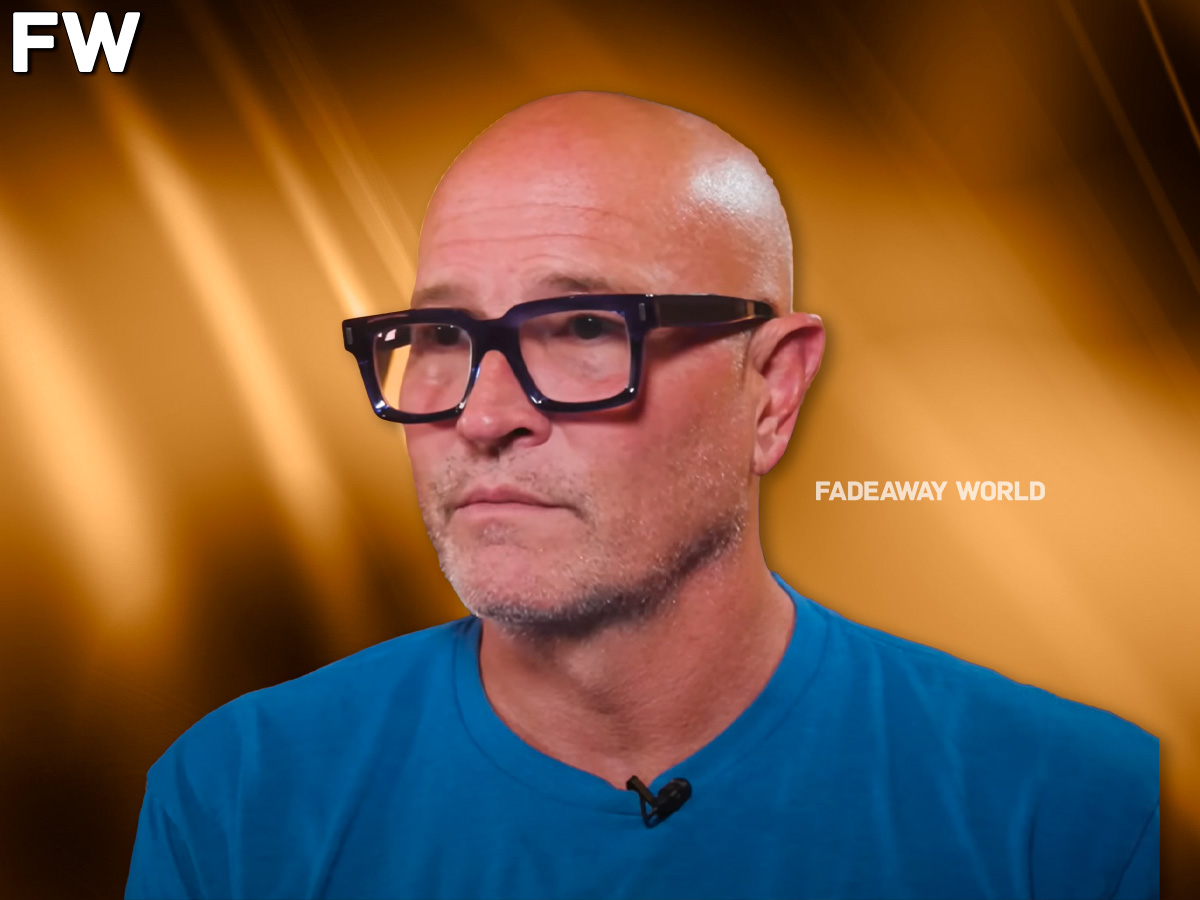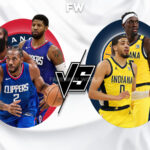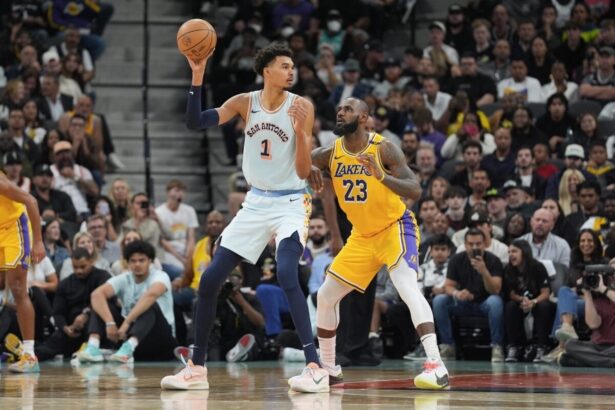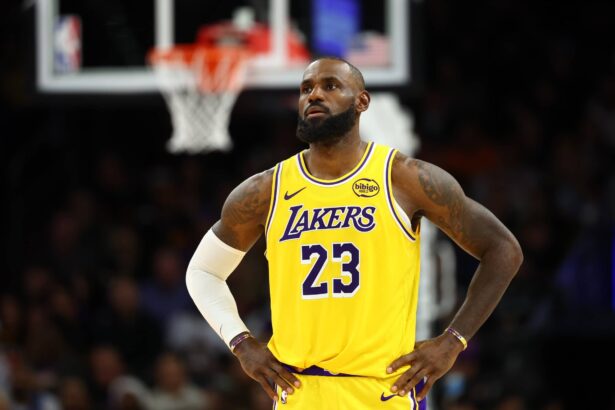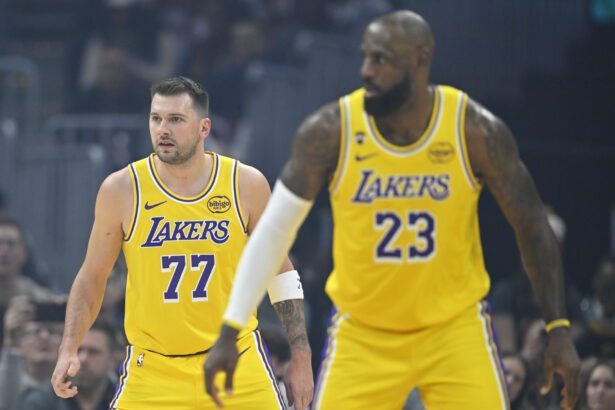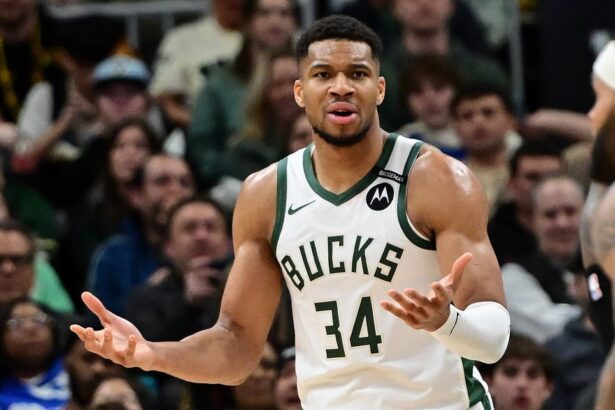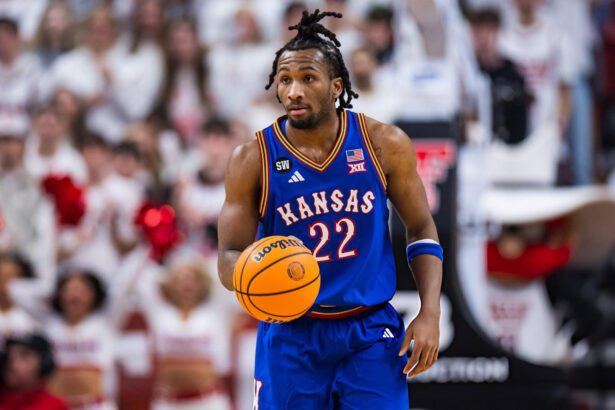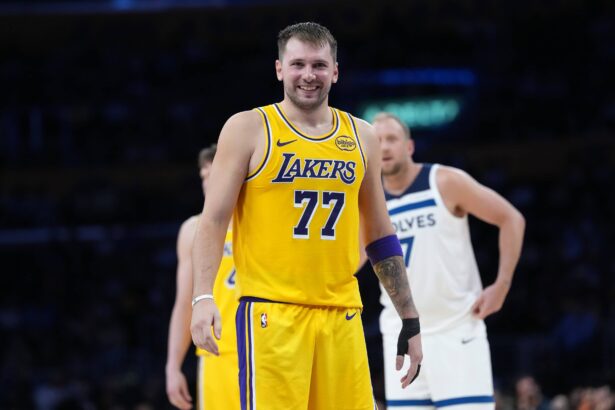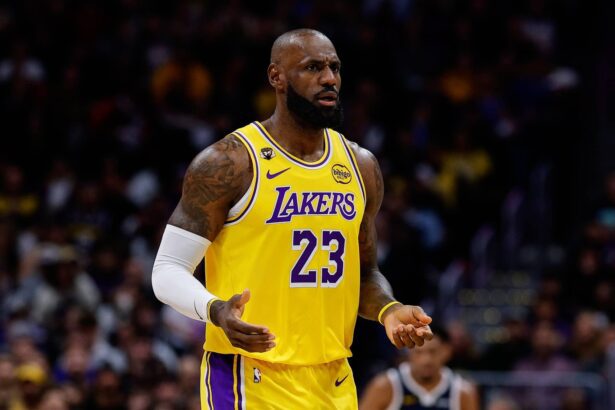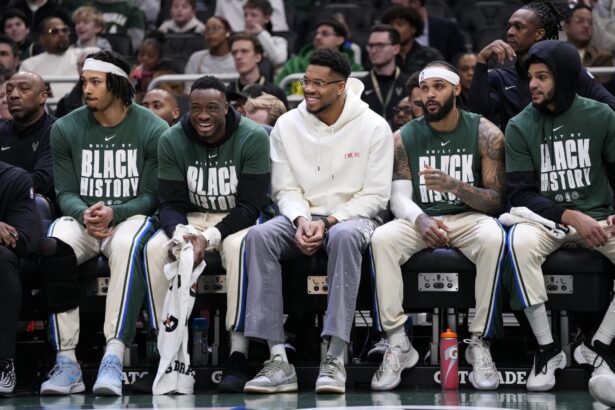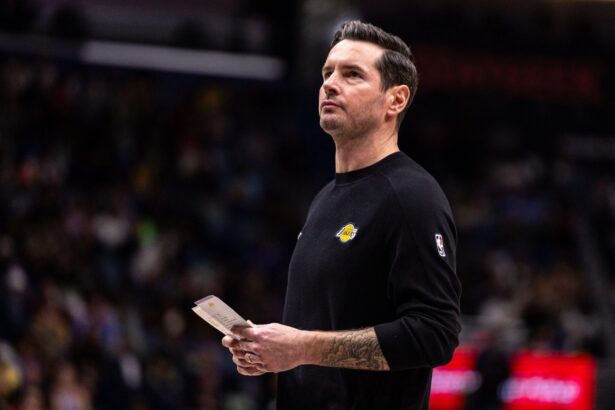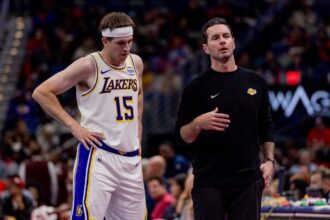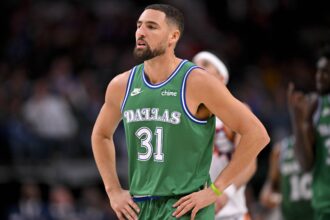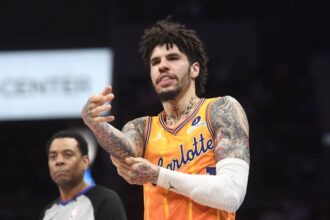Rex Chapman candidly discusses racial discrimination while dating his black girlfriend, Shawn Higgs, shedding light on the complexities of race relations in Kentucky during his time there from 1986 to 1988.
“Yeah, so Shawn Higgs is her name, and Shawn and I, we knew each other from the time we were, you know, early teenagers. Her brother, Mark Higgs, played in the NFL. He was the best football player at Kentucky when I was there at Kentucky.”
“Shawn was a track star in high school. She won the state 100 meters twice in a row our junior and senior years in high school. Folks in our hometown didn’t like… We were discouraged from really dating publicly, and so we hid it when we were in high school for the most part.”
“Which was just, when I think back about it, this really bothers me. But then we got to Kentucky, UK, and we thought we’re going from a town of 60,000 people to a town of 500,000. We thought we were going to New York City, where people wouldn’t care.”
Chapman recounted how he and Higgs, who knew each other from their early teenage years, faced opposition to their relationship even in their hometown. Despite their athletic achievements and family connections, they felt compelled to conceal their relationship due to societal pressures. However, Chapman had hoped that attending the University of Kentucky, with its larger and more diverse population, would offer them a reprieve from such prejudices.
“We had walked to class one of the first days and I got called into the coach’s office afterward and they said – ‘Rex, people are talking, you and Shawn, if you’re gonna see each other, you need to do that night time, behind closed doors, don’t be public about it.'”
“And I thought it was a joke. It wasn’t a joke, and I didn’t know how to respond to it. I was 18 and I just did the most cowardly thing in the world and I said yes sir to him.”
“And you know I didn’t follow through with any of that. We constantly tried to get caught and just make the media right about it. But nobody would touch it.”
Upon arriving at Kentucky, Chapman was shocked to find that the racial biases persisted, even within the university’s basketball program. He described how he was called into the coach’s office and instructed to keep his relationship with Higgs private, emphasizing that they should only meet behind closed doors. This directive, delivered to Chapman alone, highlighted the racial double standards prevalent at the time.
“The other part about it that was hard was most of my black teammates were dating white girls on campus and nobody said a thing to them about that, as they shouldn’t have, but I didn’t understand why I was being singled out here.”
“And well I knew it was just pure racism because the people that are telling me to not do this, they haven’t even met my girlfriend.”
What particularly troubled Chapman was the disparity in treatment between him and his black teammates who were dating white girls without facing any backlash. This inconsistency underscored the underlying racism inherent in the discriminatory attitudes towards interracial relationships. Chapman’s frustration stemmed not only from the unfair treatment he endured but also from the feeling of powerlessness and isolation he experienced in confronting the issue.
“So right away, I felt like they were morally wrong. I felt powerless, though. Like I didn’t, I didn’t feel like I had anybody to talk to.”
“Um, and I, yeah, I felt lost in everywhere, except I could control what was on the basketball court, but I, I really was upset, sad, angry, all of it off the court.” (3:58)
Despite feeling morally conflicted and angered by the situation, Chapman felt compelled to comply with the coach’s directive, reflecting the oppressive nature of the racial prejudices he encountered. The inability to openly express his love for Higgs left Chapman feeling disheartened and alienated off the basketball court, contrasting sharply with the sense of control and mastery he felt on the court.
Chapman’s account serves as a poignant reminder of the pervasive impact of racial discrimination on individuals’ personal lives, even in seemingly progressive environments.
His willingness to share his experiences sheds light on the enduring challenges faced by interracial couples and underscores the importance of continued efforts to combat racial prejudice and promote inclusivity and acceptance in all facets of society. This wasn’t the end of the racism he faced. Even after being drafted by the Charlotte Hornets in 1988, such challenges persisted, highlighting the enduring struggle against racial discrimination in both sports and society.
Thank you for being a valued reader of Fadeaway World. If you liked this article, please consider following us on Google News. We really appreciate your support.

